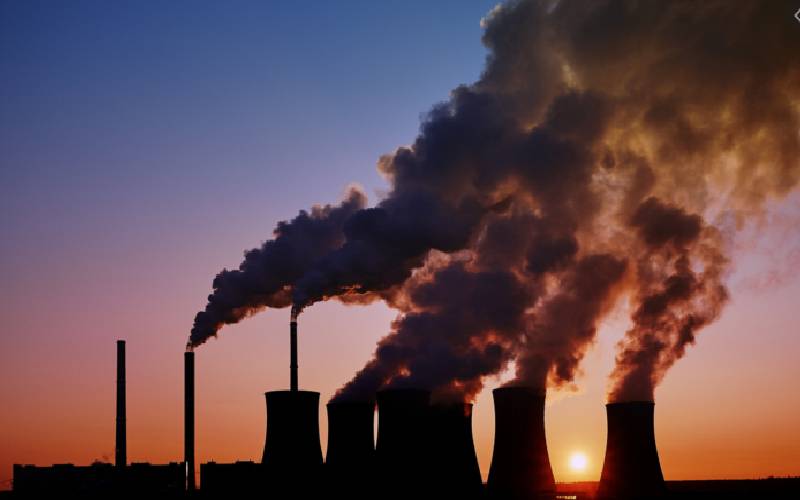×
The Standard e-Paper
Fearless, Trusted News

Recently, the World Meteorological Organisation (WMO) ranked 2019 as the second warmest year on record after 2016 and the temperatures have been on the rise since 1980 causing adverse effects on humans, livestock, and ecosystems. Thus climate change compels a discussion about National Climate Change Action Plans.